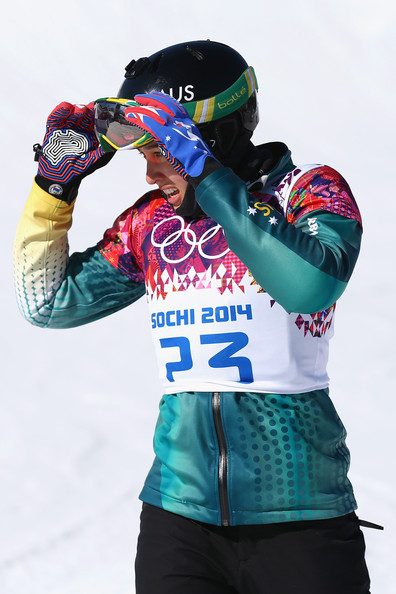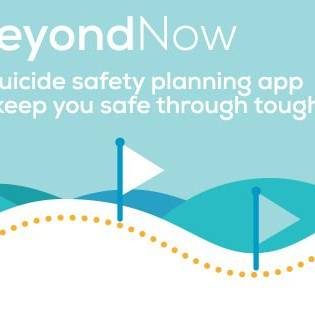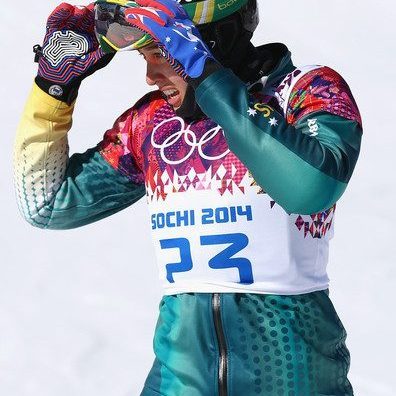12

Olympic snowboarder Belle Brockhoff has joined beyondblue as an Ambassador
At the Sochi Winter Olympics this year, Belle finished in eighth position in the snowboard cross, the most successful snowboard cross result for Australia at the Games. She was also the only openly gay member of the Australian Olympic team in Sochi, and spoke out against Russia’s anti-gay laws.
Dr Graetz said Belle has shown she shares beyondblue’s passion for taking a stand against discrimination.
“Homophobia, like any form of discrimination, can cause long-term stress, which can lead to depression and anxiety. Research shows that lesbian, gay, bisexual, transgender and intersex (LGBTI) people are at least three times more likely to try to take their own lives. LGB Australians are also three times more likely to be currently experiencing depression than their heterosexual peers and are twice as likely to be experiencing anxiety,” he said. “Homophobia is never acceptable, and Belle has shown courage in speaking out in difficult circumstances.”
Not only is Belle proud to be gay, the 21-year-old has also shared her story of depression and anxiety, and of seeking support, in the hope of inspiring others to reach out when they are struggling.
Belle said she first experienced the symptoms of depression and anxiety when she was 16, when she didn’t have confidence in herself, felt unhappy most days of the week and began to self-harm.
She had her first discussion about her mental health with a GP when she accompanied her mother to a doctor’s appointment, and was encouraged afterwards to have a chat with the doctor about why she was often feeling down.
“The doctor diagnosed me with depression and referred me to see a psychiatrist, but I refused to do so because I felt that meant there was something wrong with me. I didn’t know then just how common depression was, so I felt like a freak,” she said.
Belle said she hit her lowest point two years later in her final year of school, when she began experiencing increasingly angry outbursts over little things and felt like she was a burden to people around her.
“That was when I decided to see a psychologist,” she said. “I saw her a few times and she helped me become more aware of my thoughts that led to particular feelings. In the last two years, I’ve also been working with a sports psychologist who is aware of my condition. Seeking this support has made me feel much better.
“Now when I’m down, I try to surround myself with positive and happy people, or talk to my mum and dad or my sister. I also find going for walks by myself or hanging out with a good friend helps if I’m bummed about a result during competitions.”
Dr Graetz said when people share their story of depression or anxiety, it helps break down stigma around these conditions.
“Belle’s story sends a powerful message, particularly to young LGBTI people, that depression and anxiety are common conditions and having a mental health issue is not a sign of weakness. It takes courage to accept that you need help when you are struggling,” he said.
Belle encourages anyone who may be having a tough time to speak up and reach out for support. “There is a lot of support out there from the people who care about you and organisations like beyondblue. You are worthwhile and there is hope,” she said.
If people are having a tough time, they can contact trained mental health counsellors at the beyondblue Support Service on 1300 22 4636 or via www.beyondblue.org.au/get-support for online chat or email responses. The Support Service is funded by donations from the Movember Foundation.



